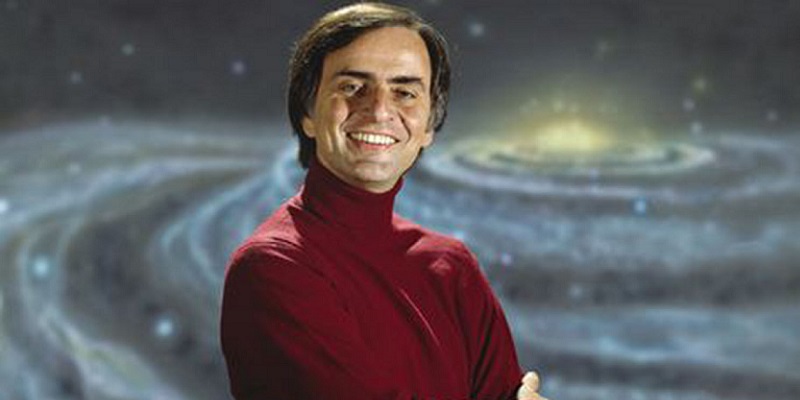
Werner Heisenberg was a German theoretical physicist who was awarded the Nobel Prize in 1932 for the creation of quantum mechanics. He was only 25 years old when he discovered the uncertainty principle. Although at the time Heisenberg did not understand his own work, so he handed it to his immediate supervisor, Max Born, and went on vacation.
Absurdity of nature
Heisenberg was one of the very first people to recognize the ridiculousness of quantum mechanics. It was mind-boggling because it did not agree with the existing physics. His discussions with Niels Bohr went through many hours till very late at night and ended almost in despair.
At the end of their talks, Heisenberg used to go for a walk in the neighboring park and repeated to himself again and again the question: Can nature possibly be so absurd as it seemed in the atomic experiments?
Heisenberg quipped: "The smallest units of matter are not physical objects in the ordinary sense; they are forms, ideas which can be expressed unambiguously only in mathematical language."
He derived inspiration from Greek and Eastern philosophies to arrive at some understanding of his work. "All things are numbers", a sentence attributed to Pythagoras especially attracted his attention. A conversation with Tagore about Indian philosophy also made some sense out of the ideas that seemed to him crazy.
Uncertainty principle
In Feb, 1927, Heisenberg wrote in a paper: The words "position" and "velocity" of an electron seemed perfectly well defined before and in fact they were clearly understood concepts within the mathematical framework of Newtonian mechanics.
But actually they were not well defined, as seen from the relations of uncertainty. The more precise the measurement of position, the more imprecise the measurement of momentum, and vice versa. In other words, there was complementarity between the two.
It's worth pointing out that the uncertainty is not a measurement problem but arises due to the wave nature of all quantum objects. Thus, it actually is a "fundamental property" of quantum objects and not a statement about the observational success of current technology.
The main problem was this: A physicist may be satisfied when there is a mathematical scheme and an interpretation of the experiment. But he also has to speak about his results to non-physicists who will not be satisfied unless some pictorial explanation is given in plain language.
Heisenberg's defence
Heisenberg said: "It is not surprising that our language should be incapable of describing the processes occurring within the atoms, for, it was invented to describe the experiences of daily life, and these consist only of processes involving exceedingly large numbers of atoms.
Furthermore, it is very difficult to modify our language so that it will be able to describe these atomic processes, for words can only describe things of which we can form mental pictures, and this ability, too, is a result of daily experience.
Fortunately, mathematics is not subject to this limitation, and it has been possible to invent a mathematical scheme – the quantum theory – which seems entirely adequate for the treatment of atomic processes; and for visualization."
His biggest opponent was Albert Einstein who did not endorse the uncertainty principle as a fundamental law of nature until his death. He had famously remarked: "God does not play dice with the universe" as a joke. Niels Bohr, an advocate of uncertainty principle, replied: "Don't tell God what he can and cannot do."













 Physics, astronomy and science history blog for students
Physics, astronomy and science history blog for students